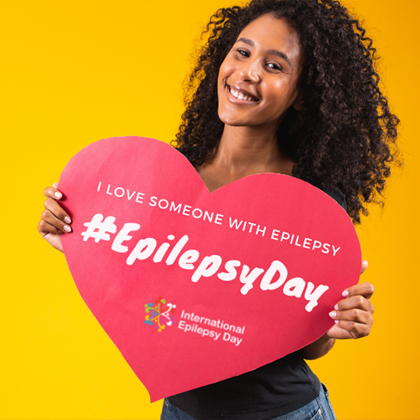UTETEZI PROJECT PHASE 2: Making epilepsy a health priority in Africa

FOR IMMEDIATE RELEASE Pretoria West, Gauteng : The Utetezi Pilot Project, funded by the BAND Foundation in 2019, provided funding to five African countries to develop the groundwork to create national epilepsy task forces, the development and implementation of national epilepsy plans, and the introduction of educational initiatives to address the recommendations of WHO Resolution WHA68.20. The evaluation of the pilot project has provided direction and opportunities which will be harnessed in phase 2, where we will establish a communication plan, website and tool kit to share best practices. Phase 2 offers a small grants program to enable IBE chapters to develop plans at the national level and to w...



